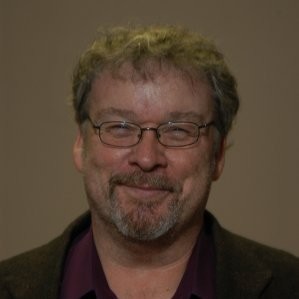In the Aftermath of Pediatric Suicide and Loss: A Survey of Before and After
Speaker(s):
Shari Scott, MA, LPC, LCPC, NCC, CISD
Presentation: Suicide slipped into the top ten as far as causes of death in the United States (according to the CDC). Deaths among school-aged children and teens continue to be on the rise; so much so, that suicide has statistically risen to the second leading cause of death among people aged 10-34. Suicide traumatizes those left in its path, but what do we do when those traumatized include an entire school and its staff? This presentation covers common grief reactions, statistics, red flags in youth, and how to ‘get grief right.’
Objectives:
- Define basic reactions for grief
- Identify red flags in suicidal youth
- Explore educational program ideas to reduce the incidence of suicide
- Identify steps to take following suicide/death of a student
- Describe survivor’s guilt and guilt related to suicide
- Explore ‘complicated grief’ reactions
- Discuss ways to get through grief together
Slides and Handouts:

